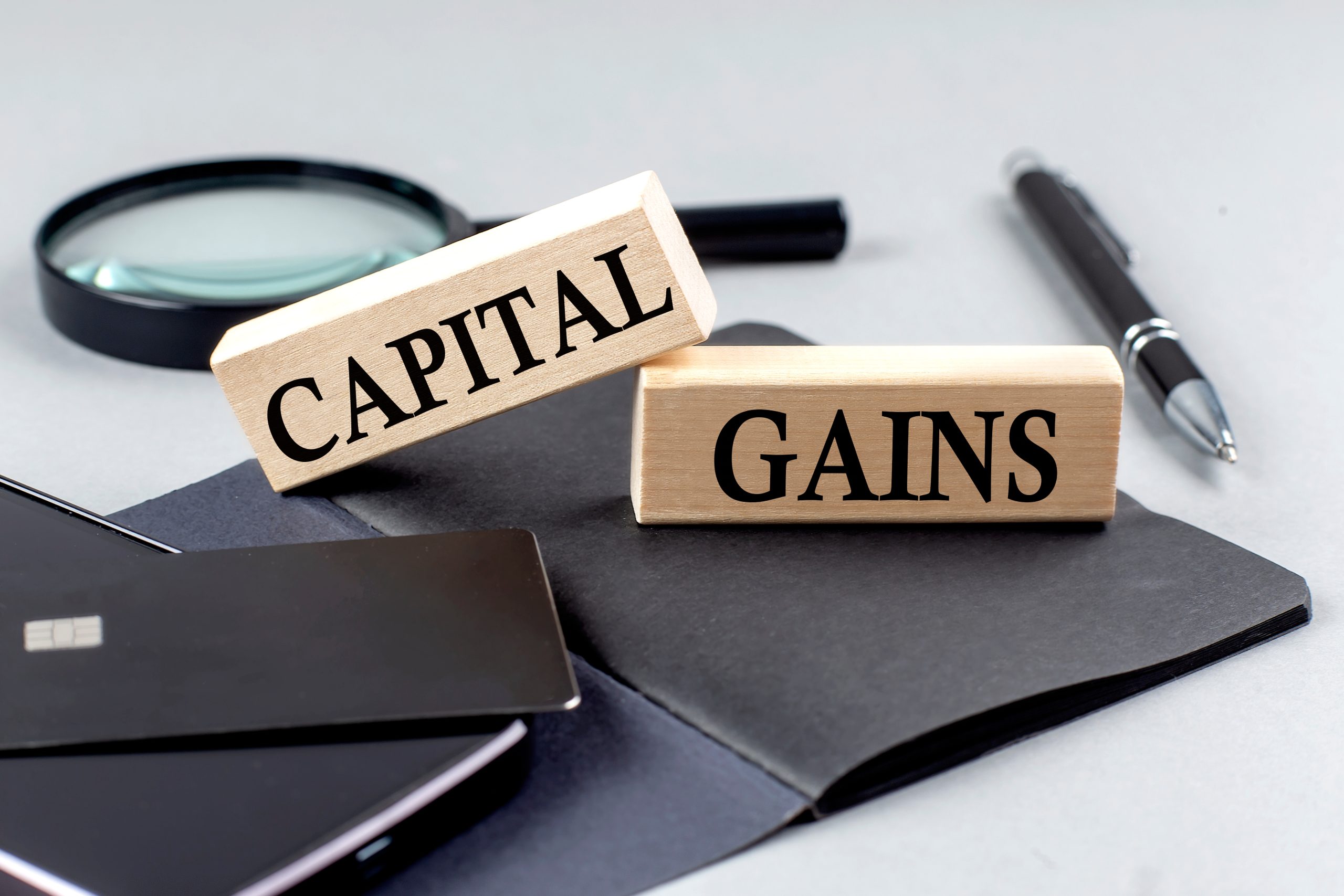When running a business, particularly a small business, there can be a lot of financial lessons to learn in a short time. Of course, one of the more important and often complex financial obligations facing business owners is tax. There are many different types of taxes, placed on both individuals and businesses but it’s fair to say that capital gains of often one of the most misunderstood.
With this in mind, what actually is capital gains tax and how does it affect business owners?
Capital Gains Tax
Capital gains tax is applicable to any profit which is made when selling a business or business assets. It can also be applied to individuals who sell high value items such as properties or artwork, but in this case we are focusing on how it affects business owners.
Capital gains tax is applied to the gain (profit) that you make when selling or (disposing of) an asset. Therefore, the tax isn’t applied to the entirety of money that is received for an asset but just the difference between what you paid for it and its current value.
The tax rate changes according to your income but would normally range between 10% and 20%.
It’s important to note that capital gains tax is only applicable to those who are sole traders or own a business partnership. Limited companies do not pay capital gains tax but have an equivalent in corporation tax.
Assets
In terms of what business assets are eligible for capital gains tax, these include land, buildings, fixtures and fittings, plant, machinery, shares, registered trademarks, customer lists and the reputation of the company itself.
There are specific assets which are exempt from capital gains tax, including private cars, prizes, stocks and shares held in ISA accounts and cash, just to name a few.
Allowance
It’s worth noting that most UK residents will be entitled to an allowance, which is free from capital gains tax, known as the Annual Exempt Amount. Currently 2024/2025, this allowance is set at £3,000. Therefore, any capital gains made above this amount will be taxed at the relevant rate.
Gifts
When it comes to gifting assets, the normal rules around capital gains tax apply, however there are exceptions. For example, you don’t have to pay any capital gains tax on gifts to charity.
In terms of family, gifts to spouses and civil partners are also free from capital gains tax, as long as you’re not separated and have been living together during the tax year. However, if your spouse then sells these assets through their own business, you will then have to pay tax on this gift.
Relief
Businesses can often face a large tax burden but when it comes to capital gains tax, there is relief available. The main scheme is Business Asset Disposal Relief, which applies to those who are selling part or all of their business, allowing them to pay capital gains tax at the lower rate of 10%. This scheme is only eligible for sole traders, those in business partnerships and those with a share in a personal company.
In terms of specific business assets, Business Asset Rollover Relief allows for the delaying of capital gains tax, as long as business owners buy the new asset within 3 years of disposing of the old asset.
Those who are looking to transfer their business to a company, in exchange for shares in that company, could be eligible for Incorporation Relief. This relief also allows for the delaying of capital gains tax.
Sole traders and those in business partnerships can also benefit from Gift Hold-Over Relief. This removes any capital gains tax when gifting an asset, as long as the recipient pays tax when they sell this asset.
As we have discovered, capital gains tax can be complicated, especially for new business owners. However, there is professional help available for those who need it. The team at Taxation Investigation offer expert knowledge, advice and services, on all aspects of tax. Feel free to get in touch with Taxation Investigation for further help.
















